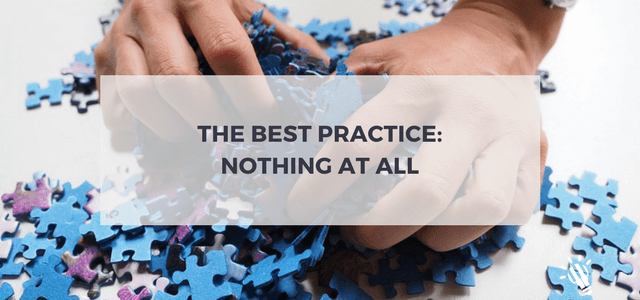I recently had the opportunity to take a group of my students to watch a master class at Melbourne’s Xavier College where a colleague had arranged for the acclaimed London-based teacher and performer Julian Jacobsen, to work with six of his students and those from local schools.
The main thing I got from this experience was nothing to do with the music or even the interpretation, it was about the importance of focus. I’m always banging-on to my students about focus and we all know it’s a good thing to do if we want to avoid wasting time, but what does it actually look like?
The last student showed us exactly what it means to focus: whenever the teacher suggested something to try, the first thing he would do was…
NOTHING!
He stopped, exhaled and thought about what he was about to do – probably visualizing playing it correctly. Then, concentrating hard, he played it exactly as the teacher suggested the FIRST TIME. Even tricky changes of fingering or the phrasing of fast passages. He got it right, first time, every time.
Let’s be clear: this was nothing to do with his talent, the music he was playing or some gift from God – it was just about FOCUS. It was because he paused before he started, considered what he was about to do, visualized his movements and then concentrated incredibly hard to get it right first time.
Remember that your brain learns every movement you practice right from the beginning and the more that you repeat it, the more it sinks into memory. Therefore, getting it perfectly right the first time is a major advantage. How many times have you played something wrong just once and suddenly realized that it’s stuck in your memory?
To test my students’ practice skills, I sometimes give them a new piece to play in a lesson without saying anything about it or giving them any guidance. What always seems to happen? They rush headfirst into playing from the beginning with wrong notes, ignored rhythms, no articulation, etc. etc. I can sometimes stop them after only 20 seconds when they have finally played something right and ask them how many times they just played the phrase incorrectly. Normally it’s a difference of about 10-1 in favour of the WRONG WAY! How on Earth can anyone’s brains possibly learn things quickly when it’s played incorrectly 10 times more than correctly!?
Instead, think it through first. Visualize the hand and finger movements. Hear the phrase in your head. Then play it right the first time. Now just repeat that correct playing a few times and the brain has got it! Yes, it might take an extra 10 seconds at the start, but its a worthwhile investment. Best of all, you’ve achieved in 20 minutes what might otherwise have taken you an hour.
So, next time your teacher asks you to start a new piece, start by doing NOTHING!

Eric Williams says:
Hello Tim, I have just read your article and I fully understand. I do not play but have been accompanying my son (Callum aged 14) to his lessons and with his practice and I wish I had been ‘armed’ with this information from the very beginning. My son is just about to join in a masterclass with Julian in Dumfries this afternoon and I have just read this to him and hope he puts it into practice from now on. Many thanks. E Williams